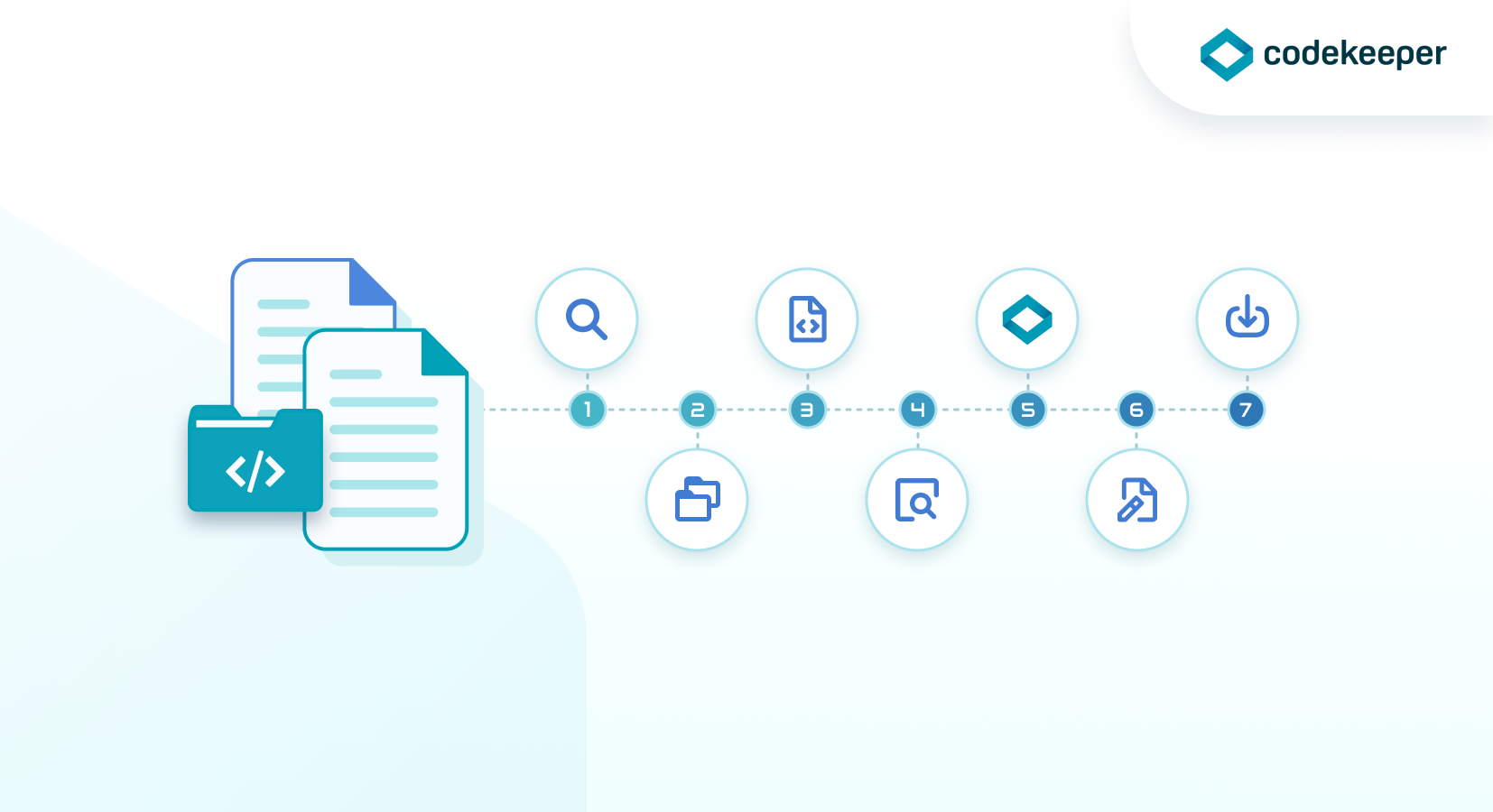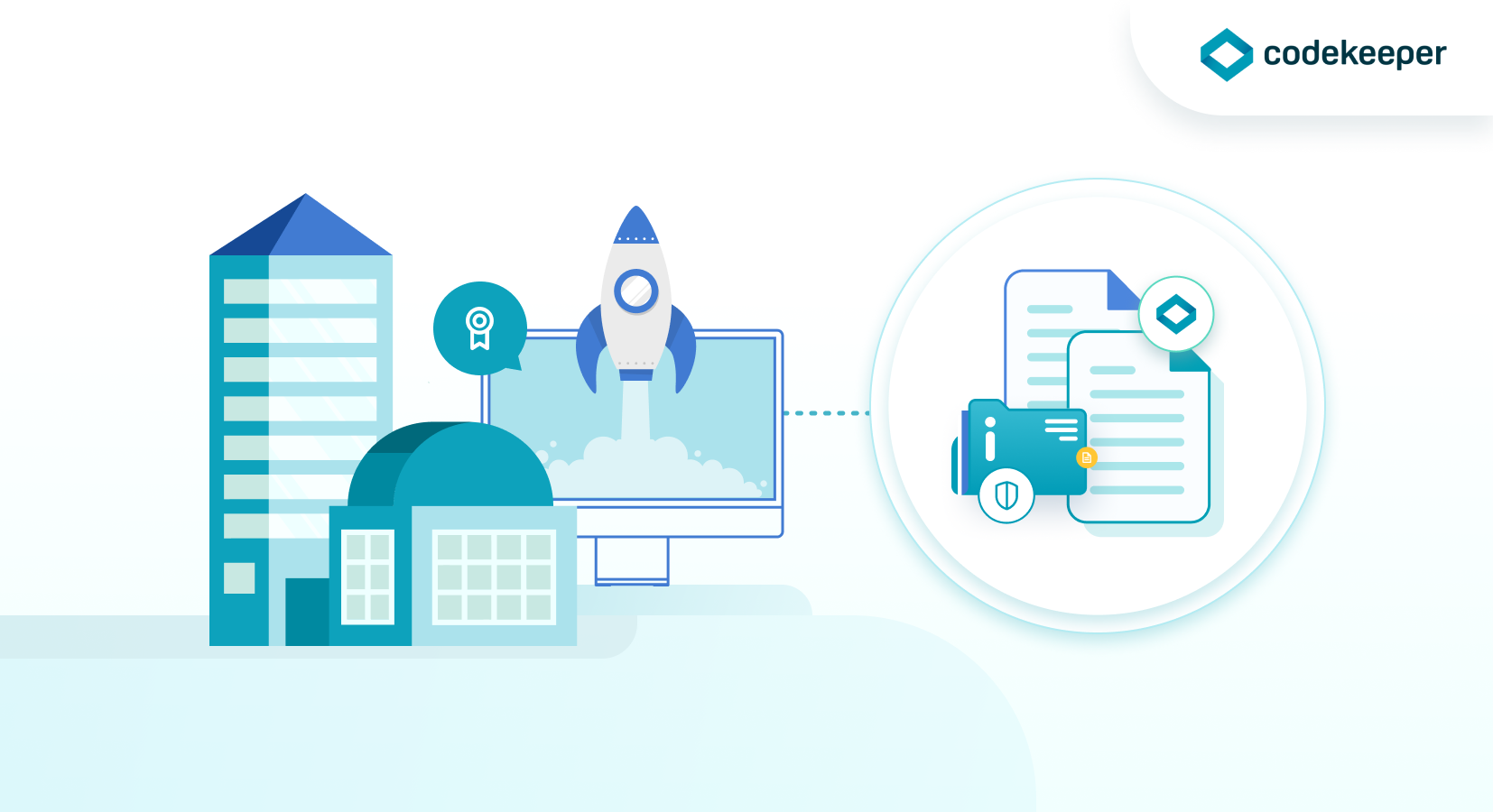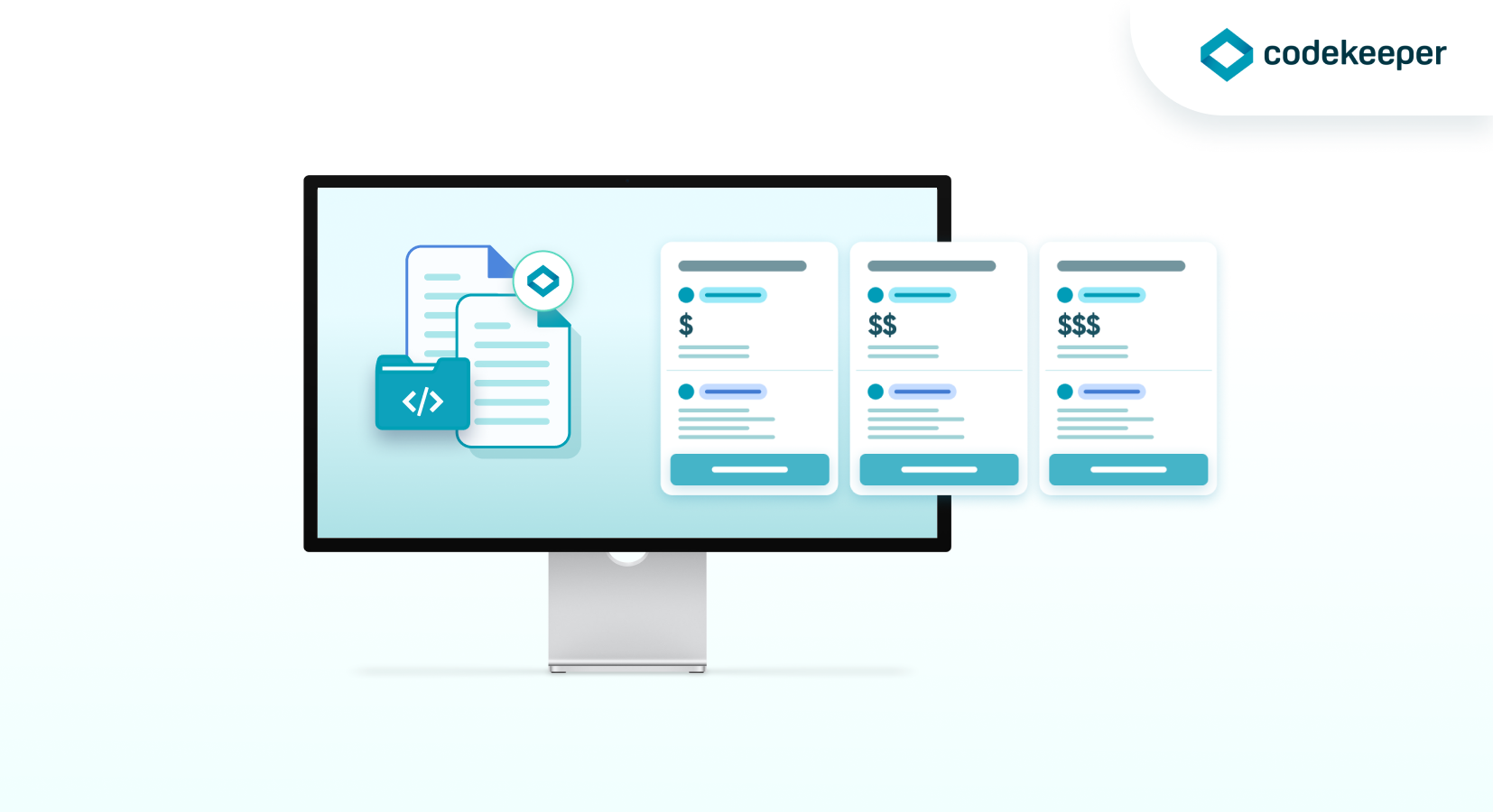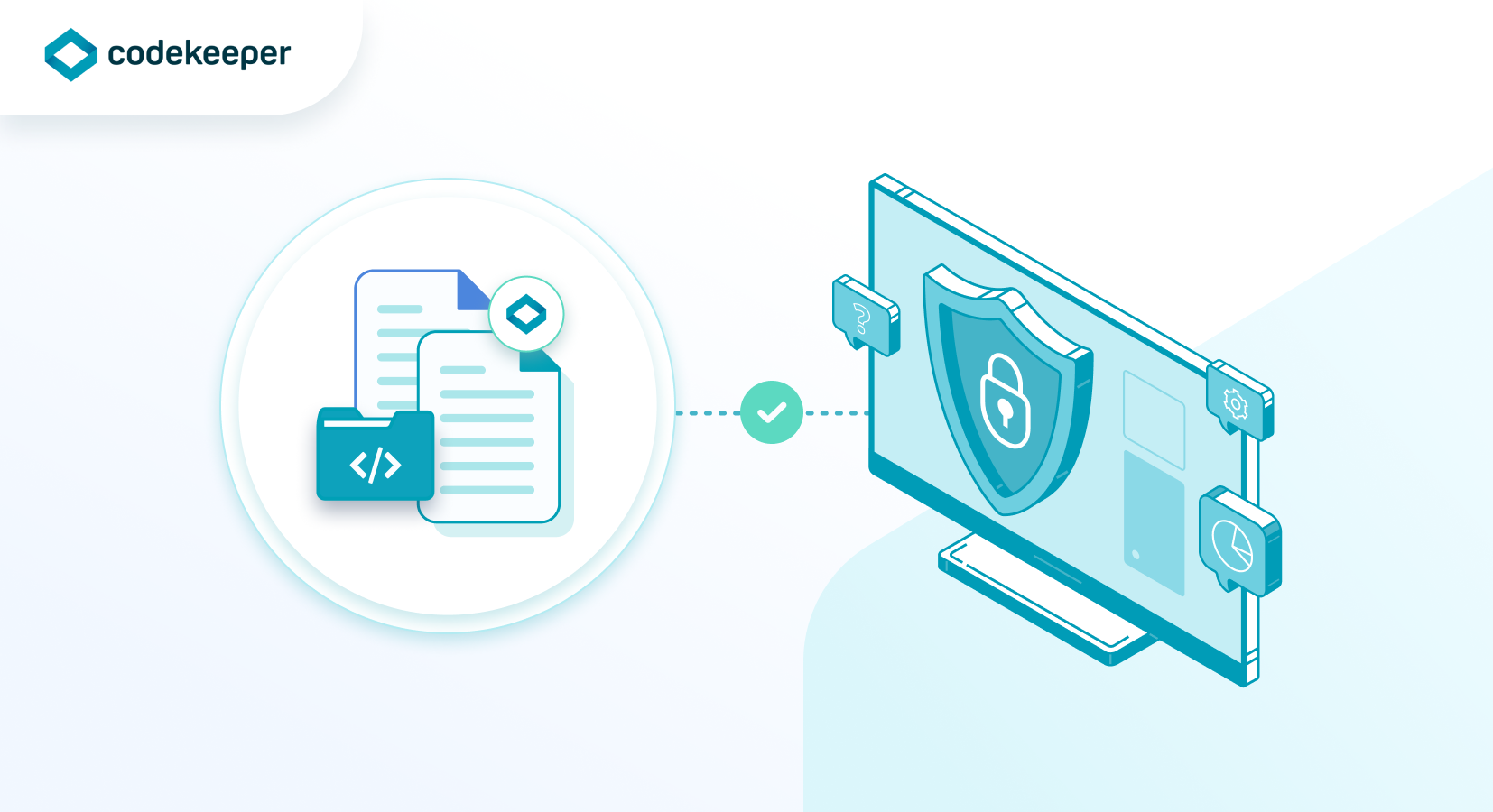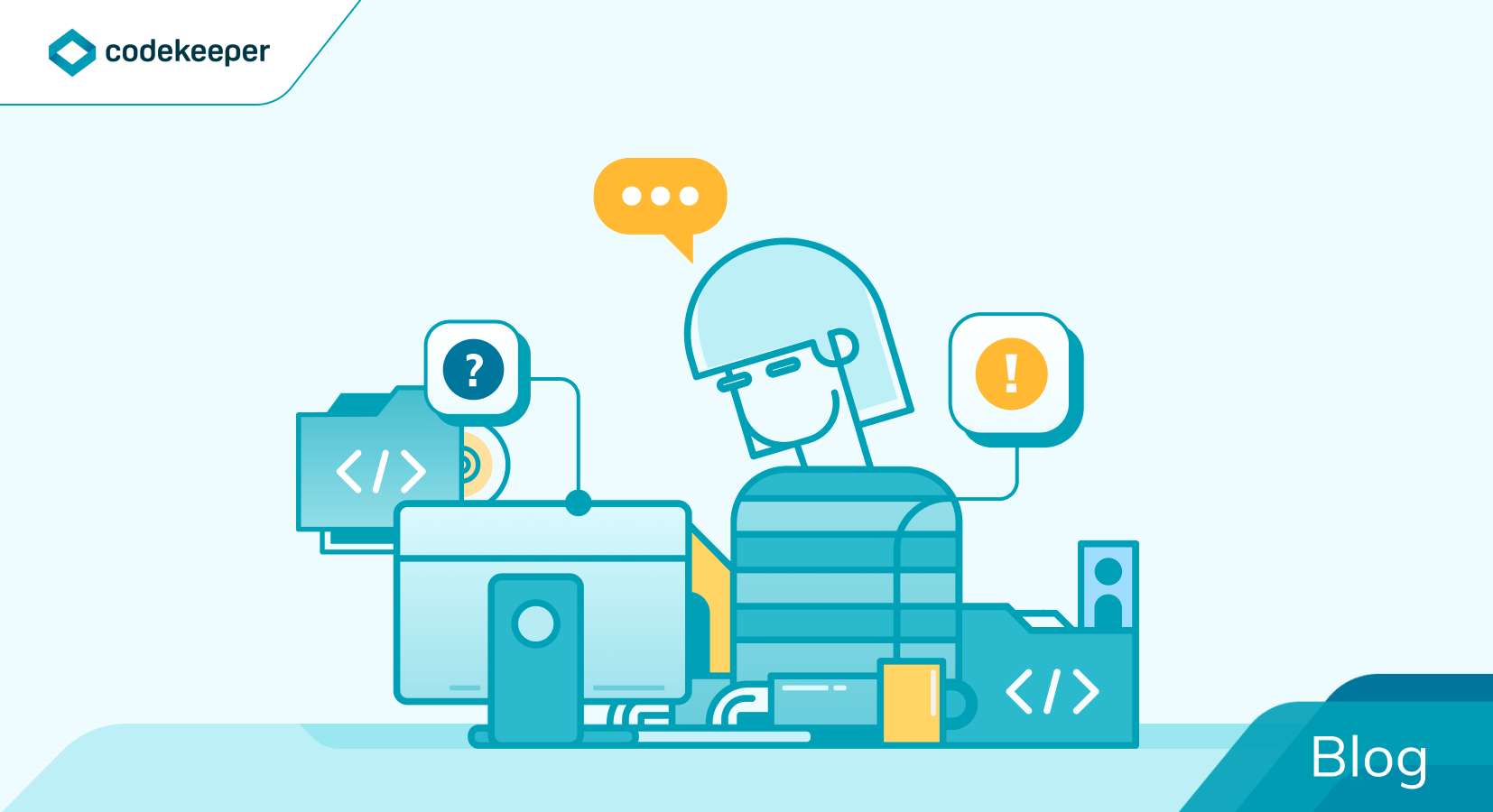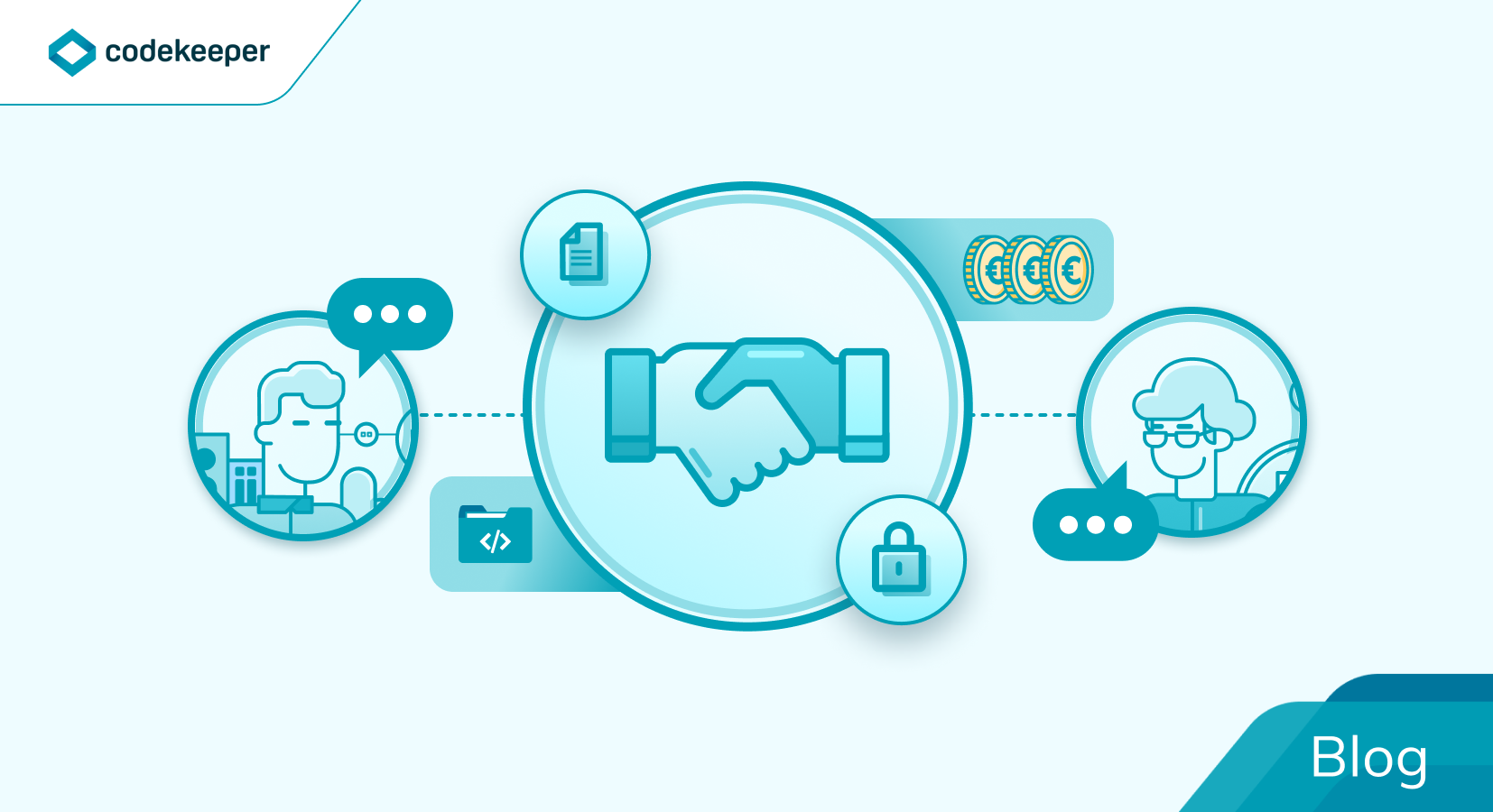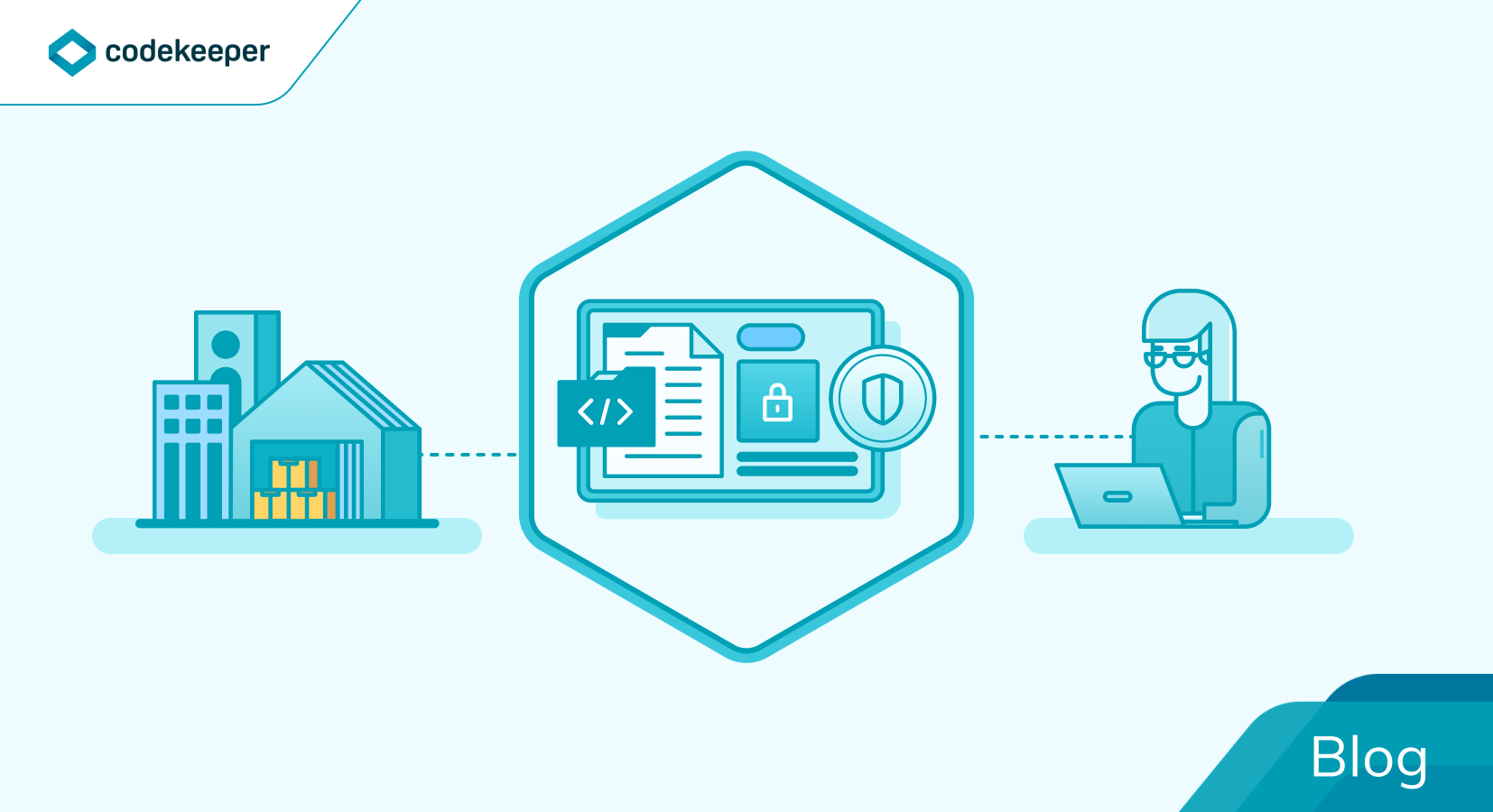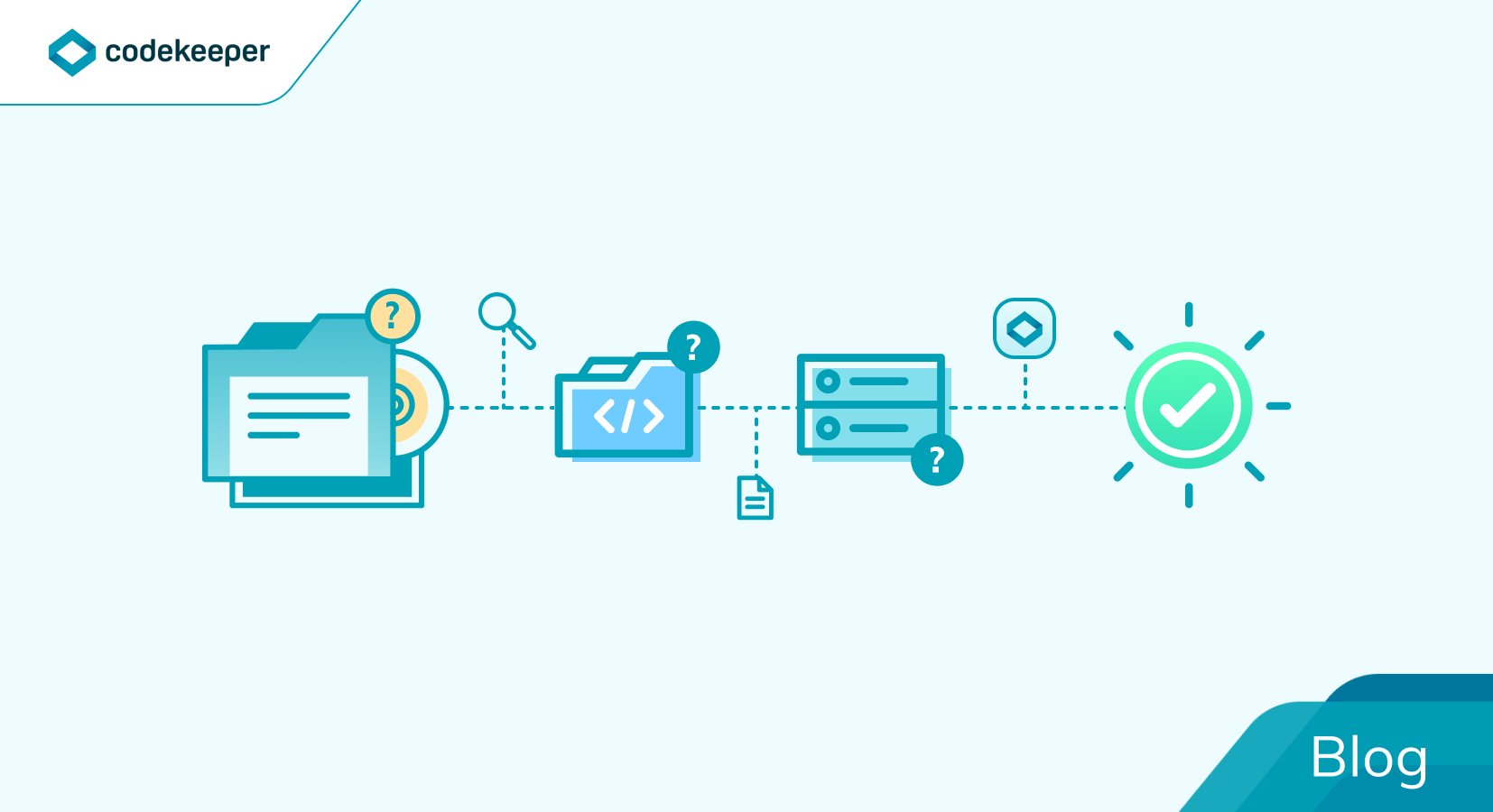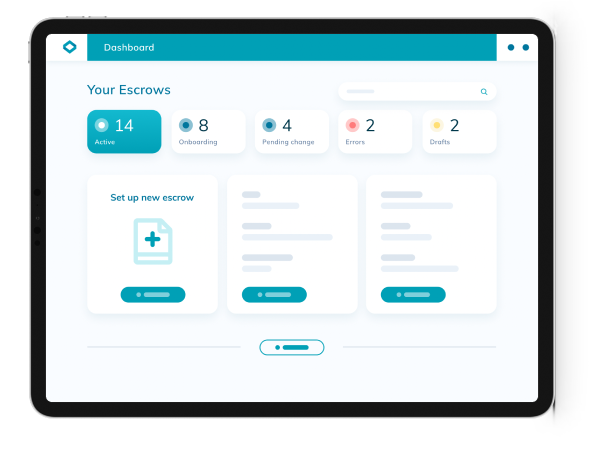Table of contents:
We get it! Working with a supplier can be anxiety-provoking; you’re putting someone else in control of a major component of your business, your software.
Luckily, there are ways to ensure that both you and your suppliers feel safe about your partnership.
Don’t want to worry about what happens if the software vendor goes out of business?
Concerned about not having access to the source code and other materials you need to maintain and update your software?
Don’t want to think about what could happen to your business if your supplier discontinues the maintenance and support of the software?
No worries. We’ve got the insider secrets you need to get the best out of your software suppliers…
Use a source code escrow service.
All those concerns you had about working with a software vendor? Source code escrow resolves those, so you don’t have to worry about them.
Ask for documentation to be included with the source code.
So as you enter a source code escrow licensing agreement, make sure that you ask for the software vendor to include documentation and any other essential information for maintaining, updating, and supporting the software. All of this information should be put into the software escrow along with the source code.
Be prepared for common supplier objections.
Objection one: The licensee doesn’t have the know-how to use the source code if it gets released from escrow.
Remind your supplier that it is unlikely that release conditions will be met, as long as they are upholding their end of the agreement. If they press the issue that you won’t be able to use the source code anyway, remind them that in the event the source code is released to you, you will be able to find developers to work with who are able to make sense of the source code.
Your supplier may argue that releasing the source code to you in the event that it is necessary won’t do any good because it will only include the original code and not the updates that have been made to it.
Actually, if you use a modern software escrow service as CodeKeeper you can easily settle the supplier’s concerns about this. With integrations to the code repositories, code changes can be automatically added to the escrow as they are made. And the code is still safe within the escrow, protecting the supplier’s business as well.
